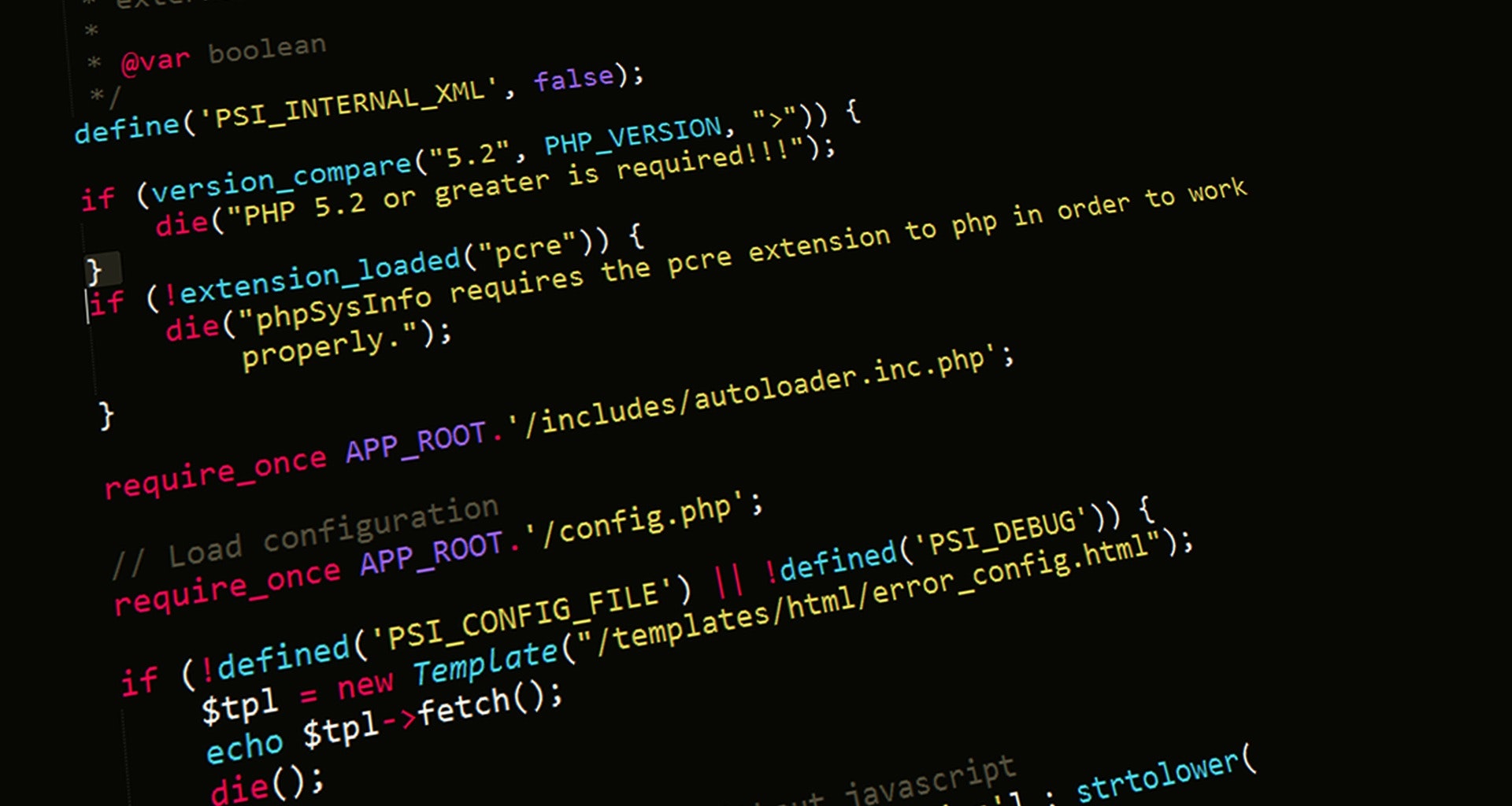B.Sc in IT logistics
Overview
The B. Sc Logistics Management degree is a work-based, distance learning degree and aims to break down the barriers between learning at work and learning at university. The program takes into account the high levels of skills and learning that are demonstrated every day in the workplace and provides a degree framework to support and accredit this learning.
The course is open to all suitably qualified candidates and offers an opportunity to transfer your academic qualifications and work experience to achieve a degree in Logistics Management. The program includes modules in Study Skills for Distance Learning, Reflection and Reflective Practice, Change Management, Supply Chain Strategy and Applied Problem Solving in the Logistics Workplace.
The B. Sc Logistics Management degree is a 'top-up' course. The first one and two years of the course are accredited through previous academic qualifications and/or relevant professional experience. This distance learning degree can take between 13 and 24 months to complete, depending on your individual circumstances and work commitments.
Students who graduate from this degree with at least a second class award, will have achieved the academic requirements to make them eligible to apply for Full Chartered Membership of the Chartered Institute of Logistics & Transport.

Why B.Sc in IT logistics
The aim of this unit is to enable you to critically examine the supply chain processes that facilitate the attainment of competitive advantage in a wide range of business sectors. You will also consider some of the issues shaping the development and selection of supply chain strategy within organisations. Upon completion of this unit you will be in a position to:
- Identify how logistics and supply chain strategy can contribute to the competitiveness of an organisation.
- Critically evaluate the issues associated with the development of supply chain strategy.
- Evaluate the notion of flexibility within supply chain strategy development.
- Analyse organisational problems using supply chain related methodological tools and approaches.
- Identify and reflect on the underlying values and beliefs of current supply chain practitioners where possible relating theory to practice.
- Reflect on your thinking and understanding of the supply chain strategy implementation.
COURSE STRUCTURE
- Language(Tamil / Hindi)
- English I
- Data Structures & C Programming
- 4. C Programming using Data Structures (Prac - I)
- Mathematical Foundations for Computer Science
- Environmental Studies
- Language - II (Tamil/Hindi)
- English II
- Object Oriented Programming with C++
- 4. Object Oriented Programming with C++ (Prac - II)
- Computer Oriented Numerical & Statistical Methods
- Value Education - Human Rights
- System Software & Operating System
- Java Programming
- Programming Lab JAVA (Prac - III)
- Computer Organization & Architecture
- Microprocessor & ALP
- Introduction to Web Design & Application
- Non-Major Elective I - Women’s Rights
- Principles of Data Communications & Networks
- Financial Management
- Advertising and Sales Promotion
- PC Software (MS Office)-Theory
- PC Software (MS Office)- Practical
- Business Law
- Skill Based II –Consumer Behavior
- Non-Major Elective II-General Awareness
- International Business Management
- Fundamentals of Logistics
- Introduction to Shipping
- Customs Procedure
- Warehousing & Inventory Mgmt
- Transportation & Distribution Management
- Stevedoring / Freight Forwarding & Port Operations
- Liner Trade
- Unpaid Industrial Internship Programme India - 3 Months(or) International - 2 Months
- Project Work